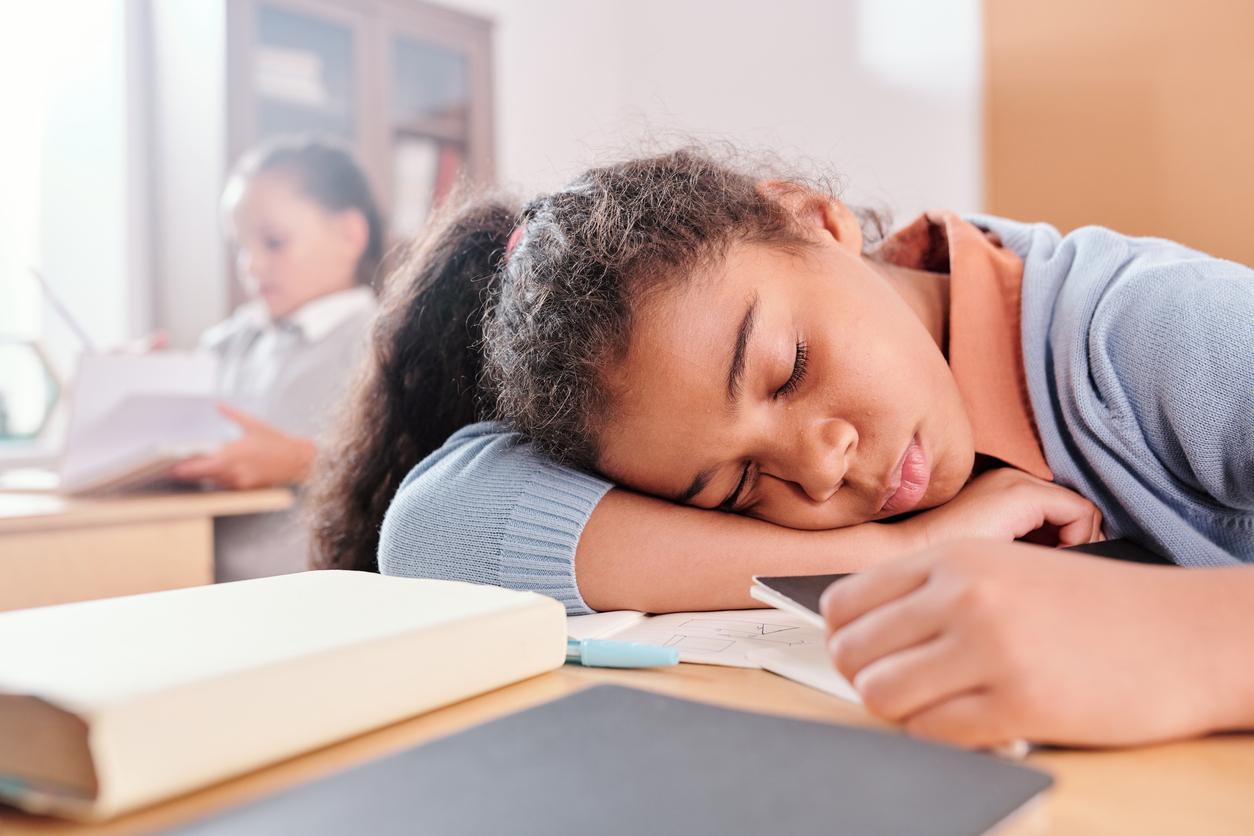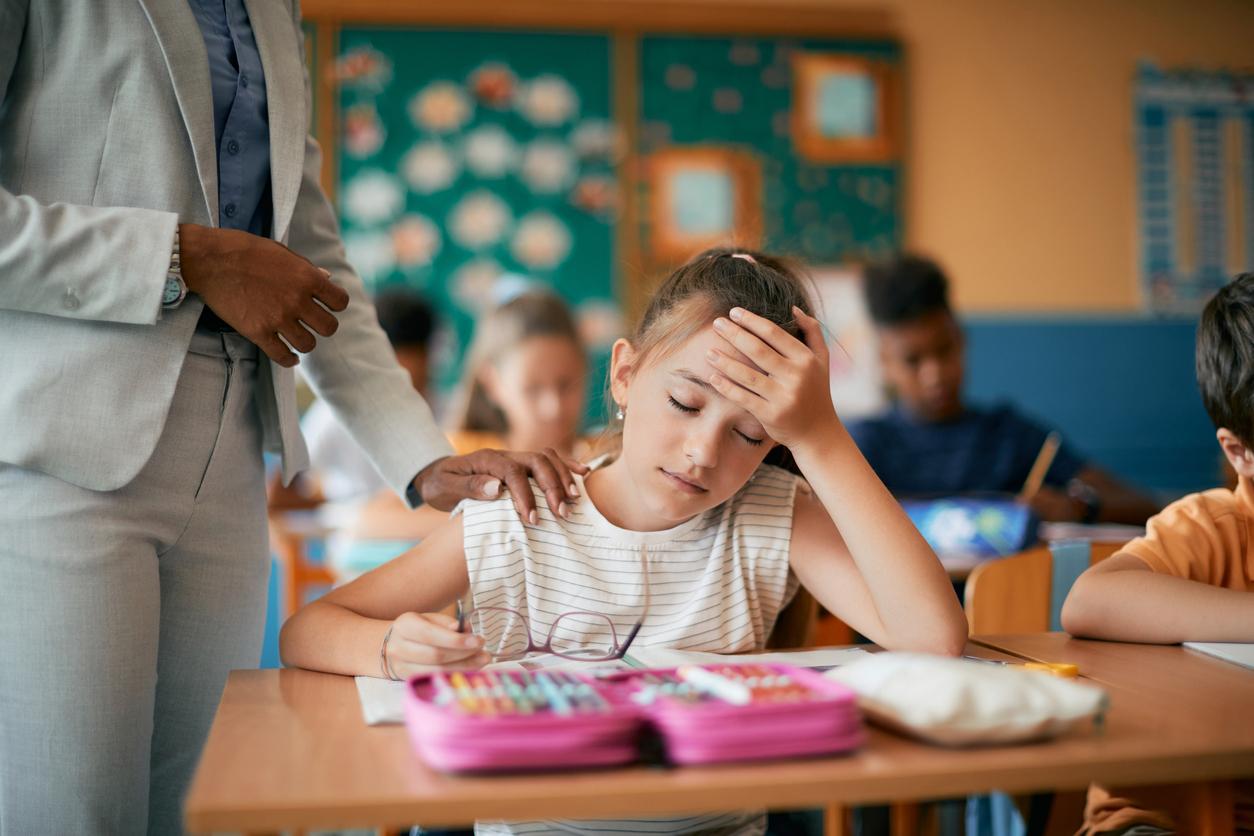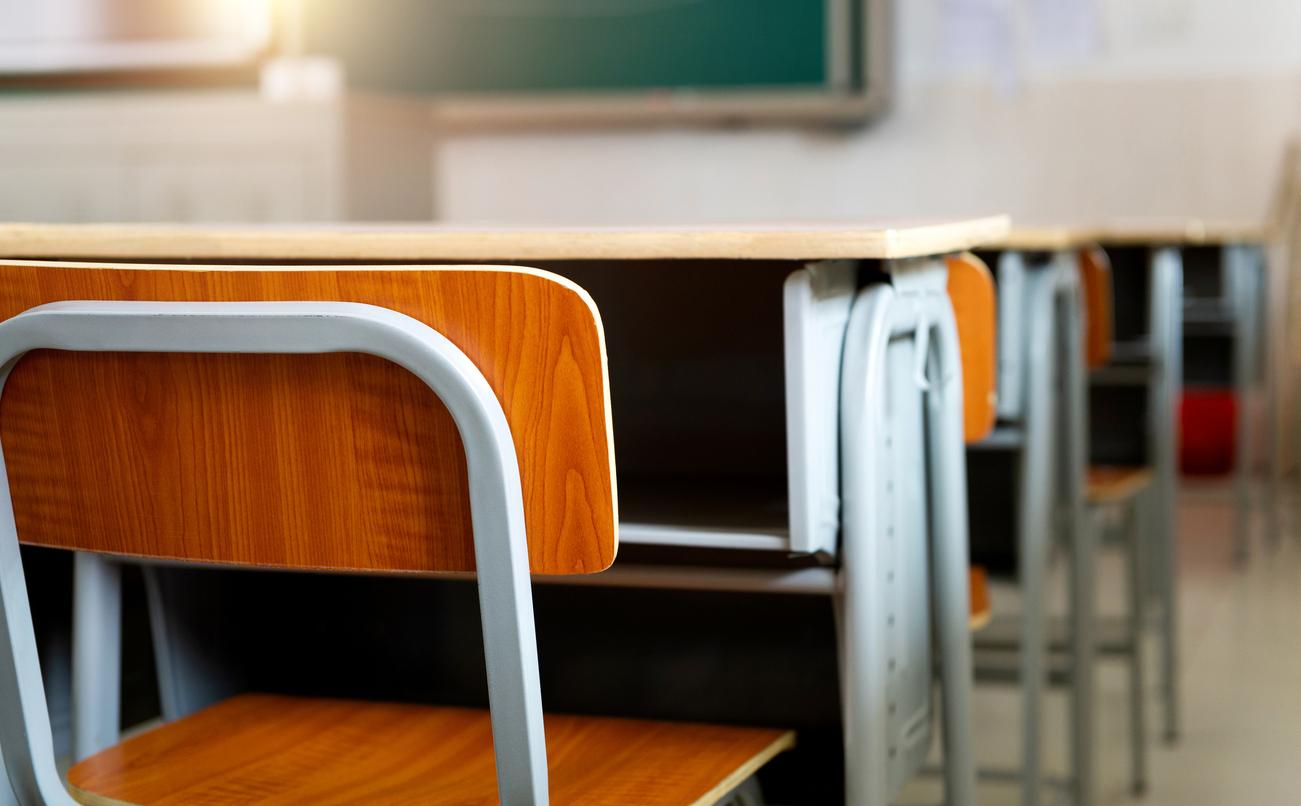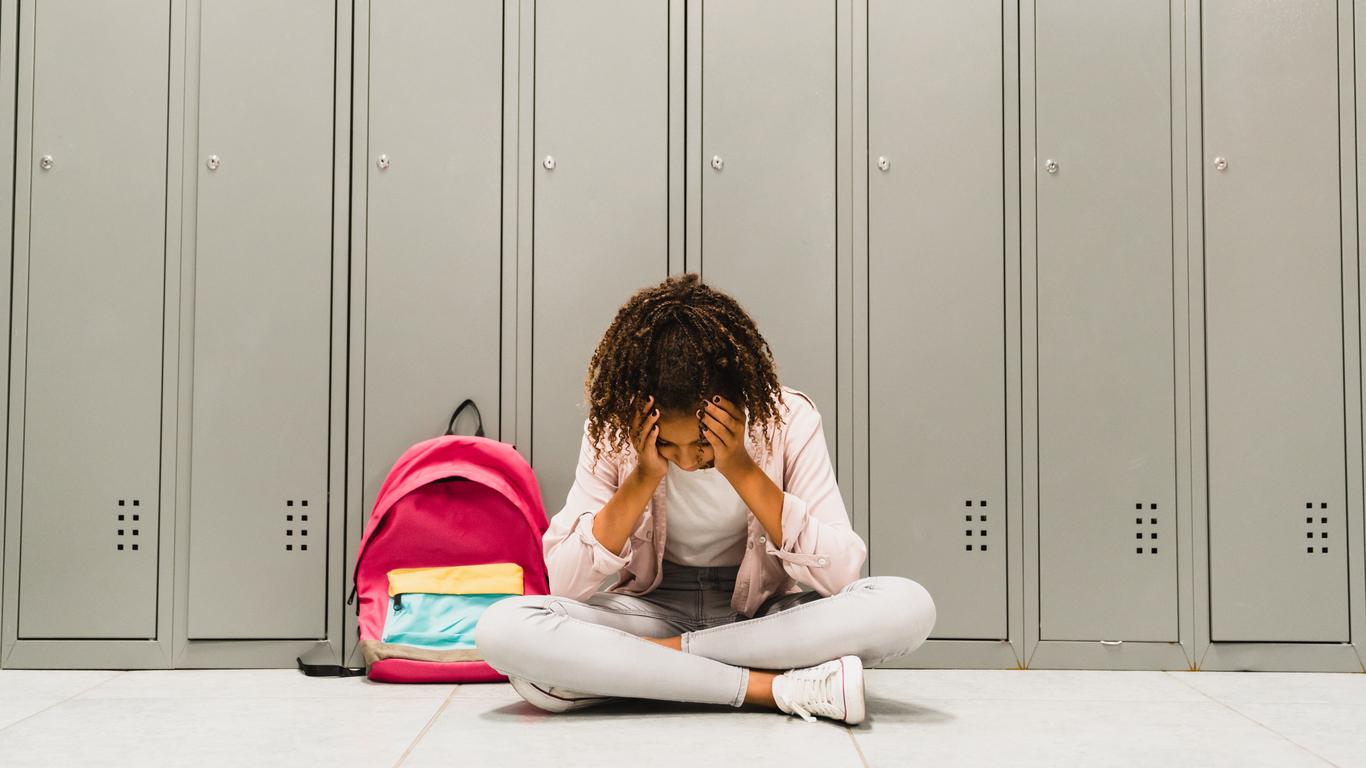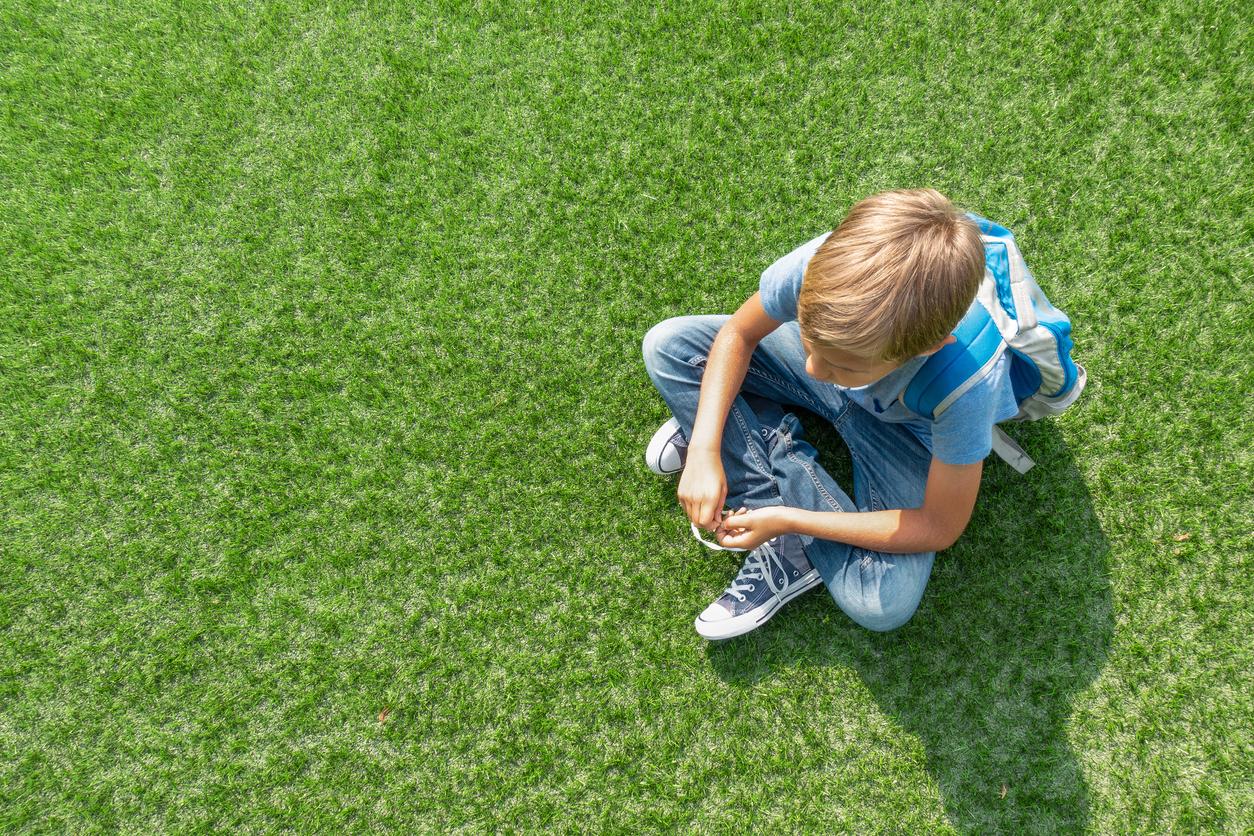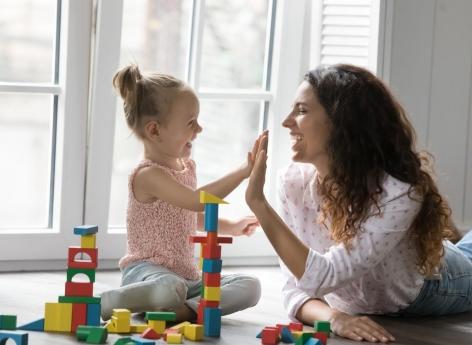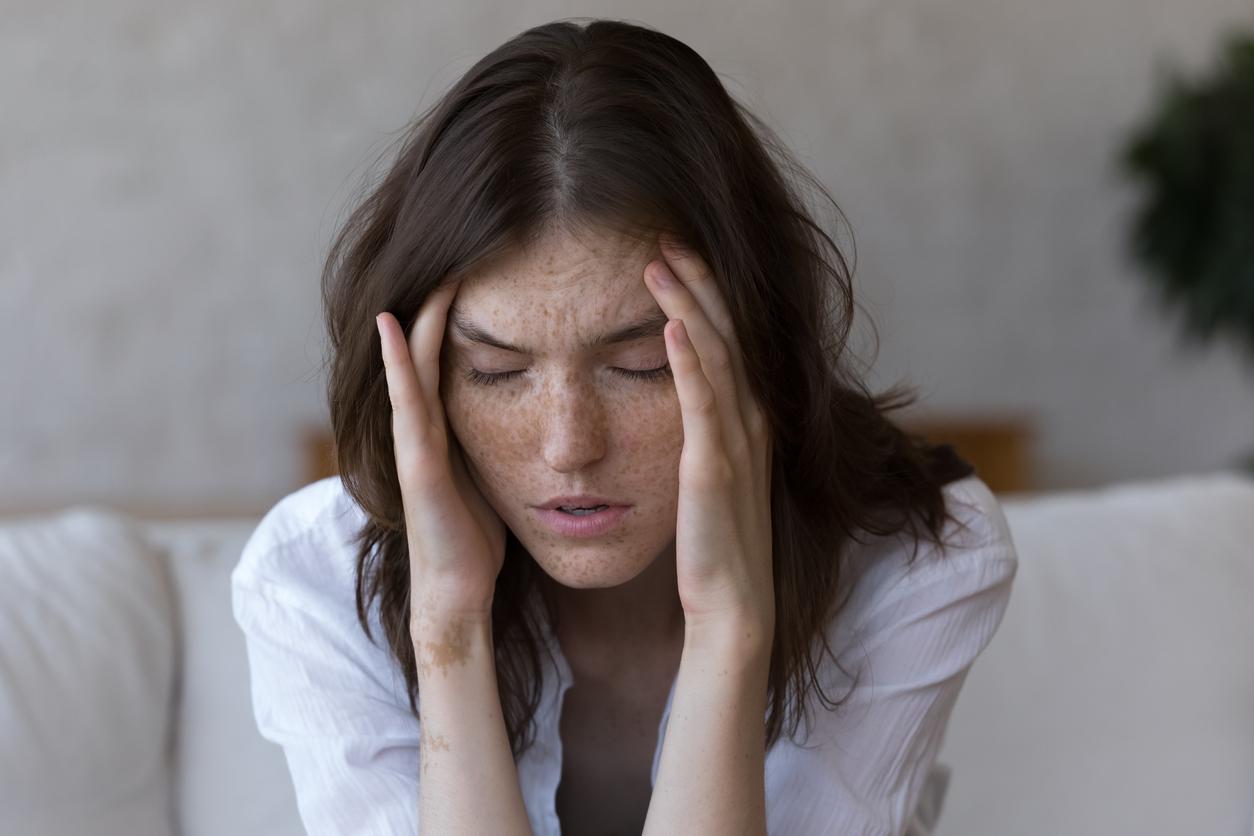If there are students delighted to return to school, for others, the start of the new school year is a real ordeal. In France, 0.5% to 1.7% of children and adolescents suffer from school phobia, a serious pathology… but often underestimated.
School phobia: what is it, exactly?
School phobia is very serious. “Like arachnophobia (the phobia of spiders) or belenophobia (the phobia of bites), it is a phobia, that is to say an irrational and uncontrollable fear which has disabling effects on the everyday lifeclarifies Dr. François Jacquemin, child psychiatrist. The phobic object is the school environment and everything related to it.“
This phenomenon concerns children between the ages of 10 and 18: “in younger children, the “fear of school” will rather be motivated by anxiety at the idea of leaving home and parents, we will not speak of school phobia; this pathology is rather linked to adolescence” underlines the specialist.
To know. About 5% of children and adolescents who consult a psychologist / child psychiatrist suffer from school phobia.
School phobia: how to recognize it in a child or adolescent?
How to tell the difference between a child / adolescent who “does not want” to go to school and a real school phobia? “A young person who does not want to go to school is generally quite comfortable with his peers; he is not anxious, he does not show signs of depression; he does not feel unwell or anxious about his declining grades. There is no clear “break” in his behavior” answers Dr. François Jacquemin.
Conversely, the child / adolescent who suffers from school phobia identifies more easily with the following signs:
- He is anxious, depressed and/or nervous. He is not comfortable with young people his age. He prefers to be alone.
- He withdraws into himself. He doesn’t want to see his friends anymore. He refuses to participate in the activities (sports, cultural, etc.) that he once enjoyed.
- His diet changes. He eats too much (hyperphagia), too little (anorexia) and/or he has “eating crises” (bulimia).
- He takes refuge in virtual worlds: video games, social networks…,
- He is a dropout. He skips class, he stops investing in his homework, he becomes “passive” in class…,
- He categorically refuses to go to class.
What are the causes of school phobia?
In the vast majority of cases, it is a question of a “traumatic or post-traumatic syndrome“says Dr. François Jacquemin.”the school harassment is a real scourge whose ravages are not yet sufficiently recognized; this makes the adolescent / child regress in his psychoaffective development!“
It can be psychological and/or physical violence, but also sexual violence – “whether the adolescent / child is a victim or a witness“specifies the child psychiatrist. This violence”disastrous, devastating“may have taken place at school or in a place associated with school – on the way, on the bus, at the gym…”To protect himself, the child / adolescent will therefore develop a school phobia, as well as possibly an associated phobia of all the places where he is likely to meet a person who reminds him of the school environment..”
Less frequently, it is theadolescence itself which can be at the origin of school phobia. “Hormonal upheavals can lead to a devaluation of learning, knowledge, intellectual reflection… in favor of emotions, feelings and “acting”explains Dr. François Jacquemin. Then develops an anxiety-provoking feeling vis-à-vis the school, and a school phobia.“
The child psychiatrist adds that school phobia more frequently affects precocious children : “intellectual precocity is more of a handicap than anything else! The child is bored at school, he does not feel understood by his classmates… in order to have social relations, he will therefore choose to sacrifice his schooling, which can result in school phobia.“
If the development of a school phobia can be linked to the family context (“a child / adolescent who lives in a home where there is violence, conflict…“), it is important to note that “school phobia is never the fault of the parents!” insists Dr. Jacquemin.
School phobia: what do we do?
“It is important to act quicklyadvises Dr. François Jacquemin. Indeed, if school phobia sets in, we can observe a “break” in the school rhythm with (eventually) a risk of school failure.“
First step: succeed in discussing with your child / teenager. “Don’t take the problem head-on: rather explain to your child/teenager that you can see there is a problem and ask for their help in solving it. Contrary to popular belief, teenagers rarely refuse to be understood.“
A consultation with a psychologist or child psychiatrist is recommended. “It is essential that the child / adolescent understands that this is a possible solution to his problem: he should not feel forced to consult.“
While waiting for the resolution of the problem, the specialist recommends not to cut the link with the school: “in cooperation with the establishment, continue school at home: have your homework and lessons delivered…“In certain severe cases (when there has been a traumatic event, for example),”the only solution is to change the child / adolescent from class or even school.”
Thank you to Dr. François Jacquemin, child psychiatrist in the adolescent unit of the mental health establishment of the Clinique du Château du Tremblay.



